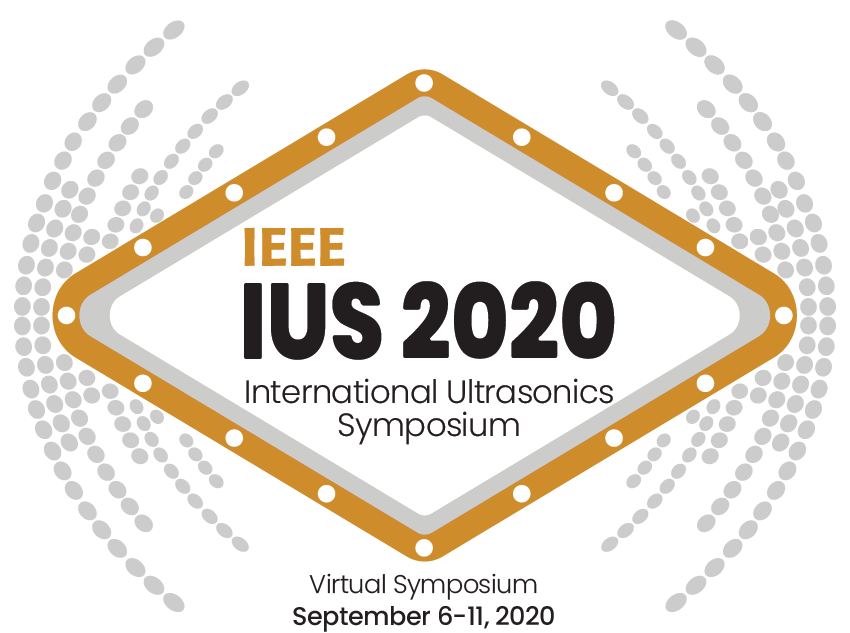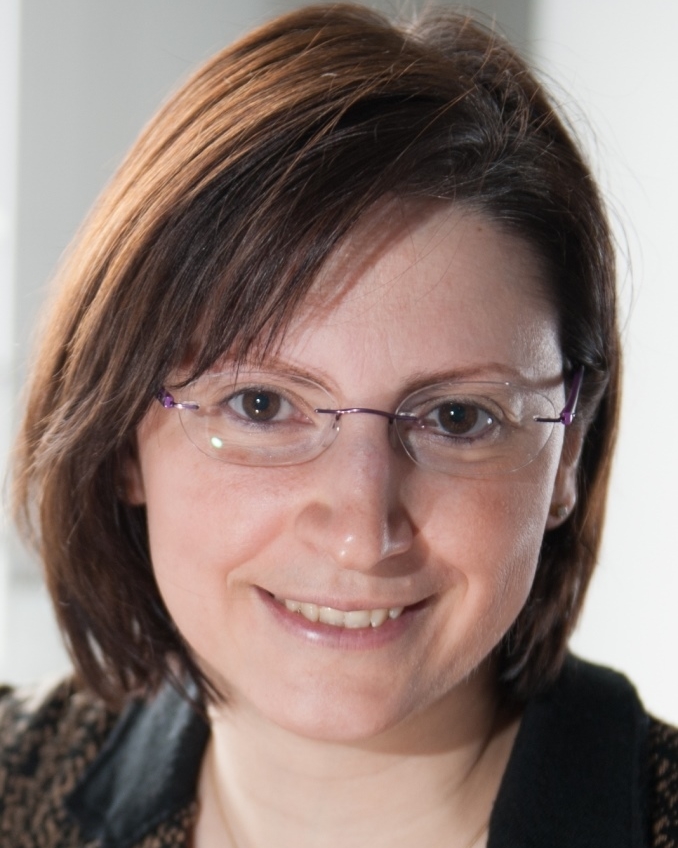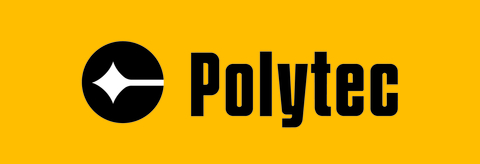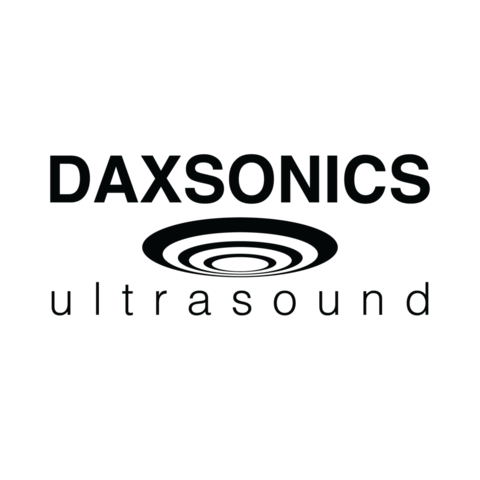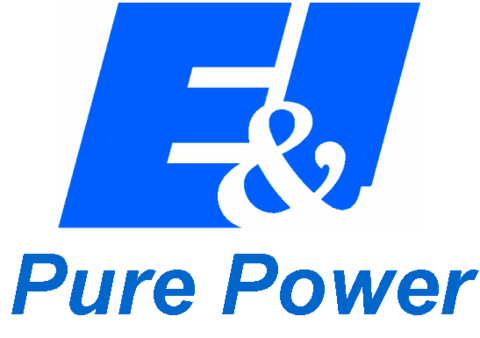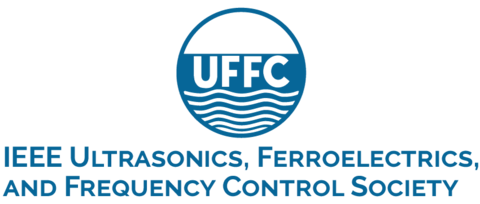Abstract
Proton therapy is an emerging external beam radiotherapy modality that offers excellent tailoring of the dose (i.e., energy per mass) deposition to the tumour with superior sparing of normal tissue in comparison to widely established photon therapy. However, these advantages come at the expense of an increased sensitivity to uncertainties in the knowledge of the stopping position of the beam in tissue, i.e., the in-vivo beam range, which is related to the location of maximum dose deposition. Hence, different approaches able to utilize secondary emissions induced by the irradiation, e.g., photons produced as a result of nuclear interactions of the beam in tissue, are being extensively investigated with the final goal to infer in-vivo range (and even dose) information for treatment monitoring, ideally in real-time. In this context, owing to recent trends in particle accelerator and beam delivery technologies, proton-induced thermoacoustics (hereafter referred to as ionoacoustics) is emerging as a promising modality for real-time range verification and possibly also dose reconstruction. However, it calls for dedicated transducer development enabling very sensitive low frequency (10-100 kHz) detection of the weak proton-induced acoustic waves, ideally co-registered to the underlying tissue anatomy visualized by ultrasound imaging for accessible anatomical sites. This talk will thus review the basics of ionoacoustics in the context of proton therapy, highlighting challenges and opportunities along with ongoing investigations of several groups aiming at eventual translation into pre-clinical and clinical applications in proton therapy.
Parts of this work are funded by the European Research Council (ERC) under the European Union's Horizon 2020 research and innovation programme through the grant agreement number 725539, and the German Research Foundation (DFG) under the grant agreement number 403225886.

